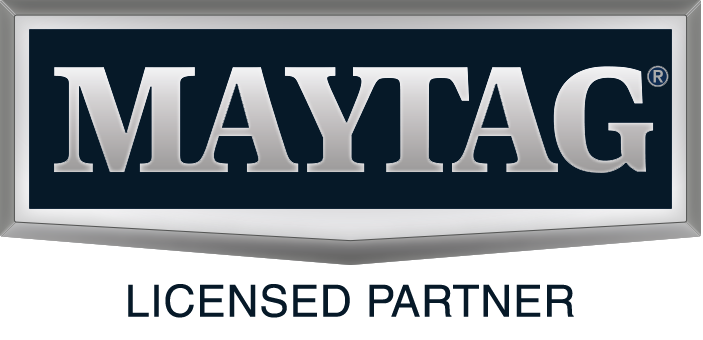How does my home benefit from a filter change?
 We’ve stressed, and then stressed again, the importance of regular filter changes. But, how exactly does your home benefit from a filter change? Well, let’s start off with a kind of scary fact – indoor air is often more polluted than your outdoor air. So, while air quality may be low outside, there could be a red level emergency right inside your home! That’s definitely not something you want to be up against, especially during the long winter months when people spend way more time indoors.
Here are a few things that can happen if you haven’t changed your filter in a while.
We’ve stressed, and then stressed again, the importance of regular filter changes. But, how exactly does your home benefit from a filter change? Well, let’s start off with a kind of scary fact – indoor air is often more polluted than your outdoor air. So, while air quality may be low outside, there could be a red level emergency right inside your home! That’s definitely not something you want to be up against, especially during the long winter months when people spend way more time indoors.
Here are a few things that can happen if you haven’t changed your filter in a while.
- A dirty filter can lead to dust accumulation inside your home. It’s hard enough keeping the home clean when you’re spending so much time indoors; don’t make your job harder!
- A dirty filter may not filter out allergy-inducing particles from your indoor air. So, if you suffer from allergies, a dirty filter will aggravate any symptoms.
- A dirty filter can lower the quality of your indoor air and lead to poor health or headaches.
- A dirty filter may cause HVAC system damage! Restricted airflow (from a dirty filter) can lead to inefficient performance, less than desirable comfort levels and potential system issues.

So what if the filter don’t replace a long time? May it polluting the air?
Hi Elisabeth,
While the dirty filter itself isn’t going to contribute additional pollutants to your indoor air, it is not going to be able to do its job and filter out the pollutants that filters are designed to block. This causes dust, dirt and all sorts of nasty pollutants to get stuck in your ductwork, which can then get redistributed throughout your home when the HVAC system kicks on – yuck! That’s why we recommend changing your furnace filter at least two times a year – once before the heating season and again before the cooling season. But, depending on your home, you could need more frequent filter changes.
Retired HVAC professional Correct Air flow is critical to air conditioning systems. Dirty filters lead to dirty coils (which can be difficult to clean) which lead to inefficient air conditioning and heating, raise head pressure or compression ratio, and can even shorten coil life which you DO NOT want to do ! I use MERV 8 PLEATED.